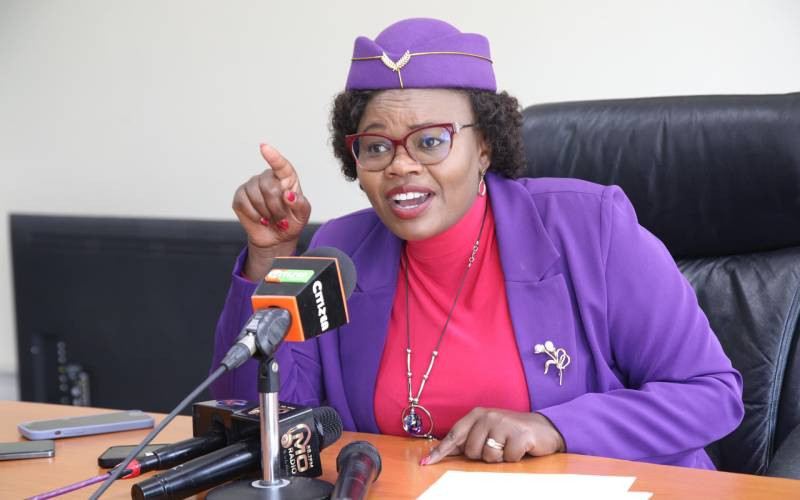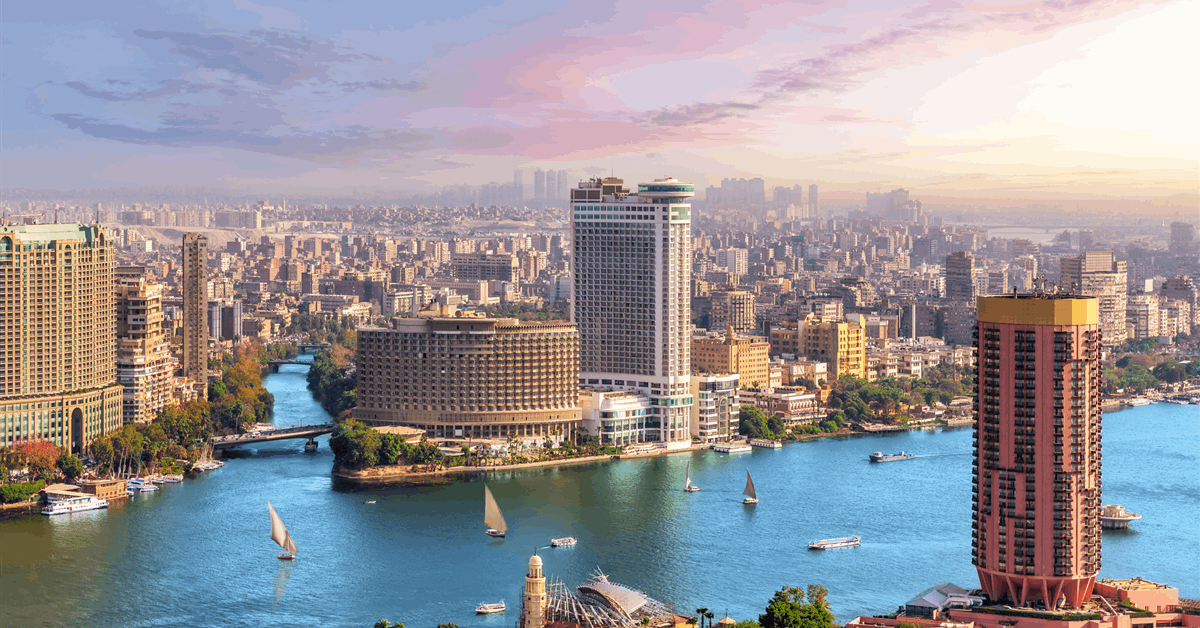US Unveils Hurricane-Resistant Eco-Hotel in Florida's Everglades as Flamingo Lodge Returns to Boost Sustainable Tourism - Travel And Tour World
Wednesday, May 28, 2025

The US has unveiled a groundbreaking hurricane-resistant eco-hotel deep within Florida’s Everglades, marking the return of the Flamingo Lodge after nearly two decades. Designed to withstand extreme weather conditions fueled by climate change, the lodge is constructed from elevated, repurposed shipping containers and serves as a symbol of environmental resilience and sustainable tourism. This innovative rebuild not only restores vital overnight accommodations in the park’s remote southern tip but also reinforces the nation’s commitment to eco-friendly travel infrastructure in hurricane-prone regions.
Amid the swaying sawgrass and winding waterways of Florida’s Everglades National Park, a bold new architectural symbol of environmental resilience has emerged. After nearly two decades without permanent accommodations, the southernmost point of this vast and vulnerable park is now home to the — a collection of hurricane-hardened rooms fashioned from recycled shipping containers and elevated well above ground.
This innovative lodge stands as a beacon of renewal at a time when the state braces for what forecasters predict to be another above-average Atlantic hurricane season. It replaces a traditional cinderblock structure that was obliterated by back-to-back hurricanes Katrina and Wilma in 2005 and ultimately razed in 2009.
As the 2025 hurricane season looms, the Flamingo Lodge represents more than just a hotel. It is a functional monument to adaptation — built with foresight, climate awareness, and a deep-rooted commitment to sustaining human presence in one of America’s most climate-challenged environments.
The original Flamingo Lodge once welcomed travelers with over 100 ground-level rooms and a swimming pool, offering rustic comfort at the heart of a watery wilderness. That vision was destroyed when hurricanes Katrina and Wilma unleashed nature’s fury, followed by Hurricane Irma in 2017, which devastated the visitor center and submerged parts of the 1.5-million-acre Everglades under 12-foot storm surges.
For nearly two decades, the southern outpost of the park remained devoid of a permanent lodging facility, serving only day-trippers and determined campers. The return of an overnight lodge was long debated — many questioned whether funding, public support, or even the structural feasibility of rebuilding in such a precarious zone was possible.
But the commitment to restoration persisted. National Park Service (NPS) officials, alongside committed private partners, pushed forward through years of planning delays, storms, labor shortages, and a global pandemic to make the Flamingo Lodge a reality once again.
The new 24-room Flamingo Lodge is not merely a reconstruction but a reimagination, designed for the new age of climate volatility. Each unit is constructed from repurposed shipping containers, clustered into four distinct buildings and resting securely atop 13-foot reinforced concrete pylons. This elevation not only provides dramatic views over the glades but offers critical protection from storm surges.
A separate structure houses a restaurant and bar, ensuring guests can dine and relax without leaving the property. The design is purposefully minimalistic yet resilient — a far cry from its mid-century predecessor, but a necessary evolution to meet the threats of a warming planet and rising seas.
NPS planners call it a model for “building back stronger,” a term increasingly used by architects and policymakers dealing with disaster recovery and future-proof construction.
The newly established Flamingo Lodge is the result of a vital partnership between the National Park Service and Flamingo Everglades Adventures, a Virginia-based branch of the hospitality company Guest Services Inc. The public-private partnership was forged out of necessity, given the chronic underfunding of the NPS, which still grapples with a $12 billion maintenance backlog.
Guest Services, which has over a century of experience managing concessions in national parks, assumed financial responsibility for the lodge’s development — a project whose actual cost far exceeded early estimates of $20 million. In return, the company operates all of Flamingo’s commercial services, from lodging and dining to boat rentals and camping facilities.
Such models are increasingly common. In 2023, the NPS signed a similar 15-year agreement for operations at the Grand Canyon’s North Rim, reflecting a strategic shift allowing the park service to focus on environmental preservation while private firms handle hospitality logistics.
With the Flamingo Lodge now open to visitors, Everglades National Park is experiencing a revival. The marina, general store, and campgrounds have slowly returned to life in recent years, but the lodge fills a critical gap — offering travelers a more comfortable, immersive experience deep within the park.
The journey to Flamingo from the park’s main entrance in Homestead covers 38 miles, winding through scenic wetlands and wildlife habitats. For many visitors, the round-trip drive made it impractical to fully explore the southern reaches of the park in a single day. Now, with overnight accommodations available again, the experience of sunrise canoe paddles and moonlit marshes is within reach.
The return of the lodge also helps revive the local economy, especially during peak tourism seasons. Flamingo has become a favored retreat for nature lovers, paddlers, and environmentally conscious travelers in search of quiet escapes beyond the crowds of Miami and the Florida Keys. This new facility will likely become a cornerstone for sustainable tourism in the region.
The Flamingo Lodge may serve as a test case for future development within vulnerable ecosystems. Its use of modular construction, storm-resilient elevation, and low-impact materials offers a model for similar efforts worldwide. It exemplifies how hospitality and environmental stewardship can coexist when sustainability guides every design and construction choice.
The architecture is not just practical — it’s symbolic. Where the old lodge was washed away by storms, the new one rises in defiance of climate disaster. Its resilience is engineered, but its message is emotional: nature may be unpredictable, but human resolve can adapt.
With the Flamingo Lodge open for business, eco-conscious travelers in 2025 have a new, meaningful option. For British, Canadian, and American tourists especially — key international markets for Florida’s national parks — this lodge offers an authentic and responsible way to engage with one of the most unique ecosystems on Earth.
Visitors can expect the essentials of a comfortable stay combined with proximity to iconic Everglades experiences: manatee sightings, kayaking through mangroves, alligator watching, and stargazing in one of the darkest skies in South Florida.
Crucially, every stay supports not just the NPS but also the larger mission of climate adaptation. Every room booked, meal ordered, and kayak rented contributes to a self-sustaining system of eco-tourism, setting an example for national parks globally.
As June ushers in the 2025 Atlantic hurricane season, the timing of Flamingo Lodge’s full reintroduction is both poignant and purposeful. It represents a bold, adaptive vision of what national park infrastructure must look like in a changing world. The reality of rising seas and stronger storms is no longer speculative — it’s historical, lived, and vividly present in the Everglades.
The US launched a hurricane-proof eco-hotel in the Everglades of Florida with the aim of bringing back overnights and encouraging sustainable tourism. The newly constructed Flamingo Lodge, raised and constructed from reused shipping containers, is engineered to be resistant to future storms and facilitate weather-resilient travel.
But through thoughtful design, strategic partnerships, and a commitment to preservation, the park is once again welcoming overnight guests — not as a nostalgic recreation of the past, but as a statement about the future.












